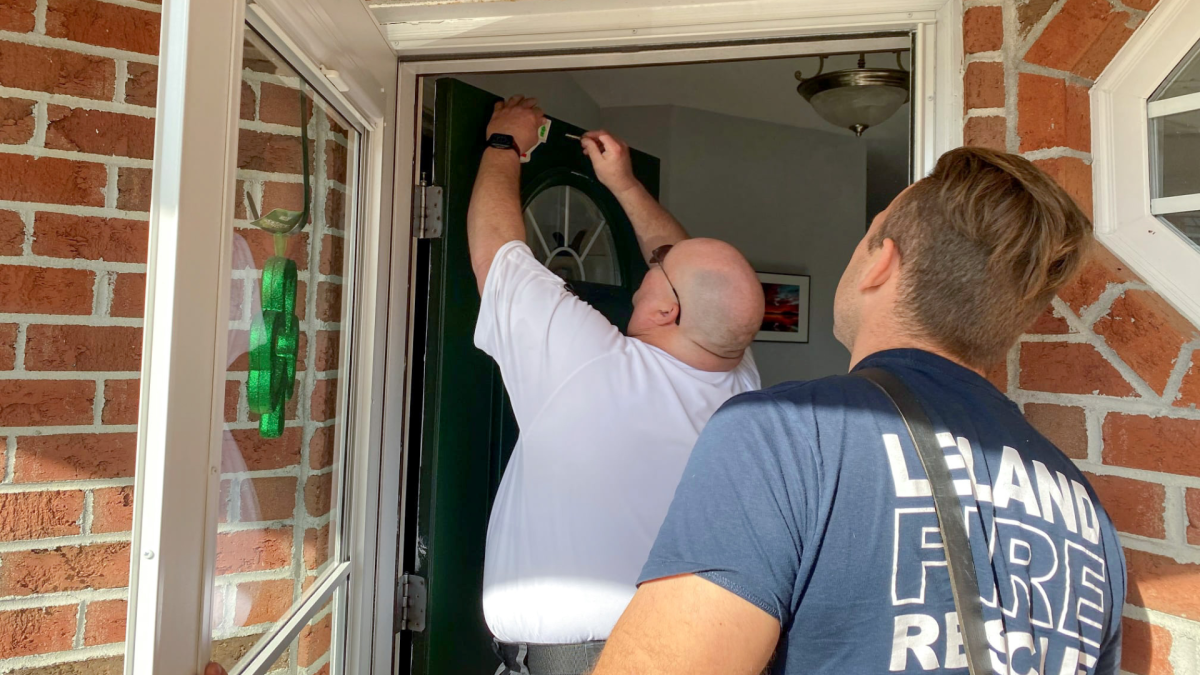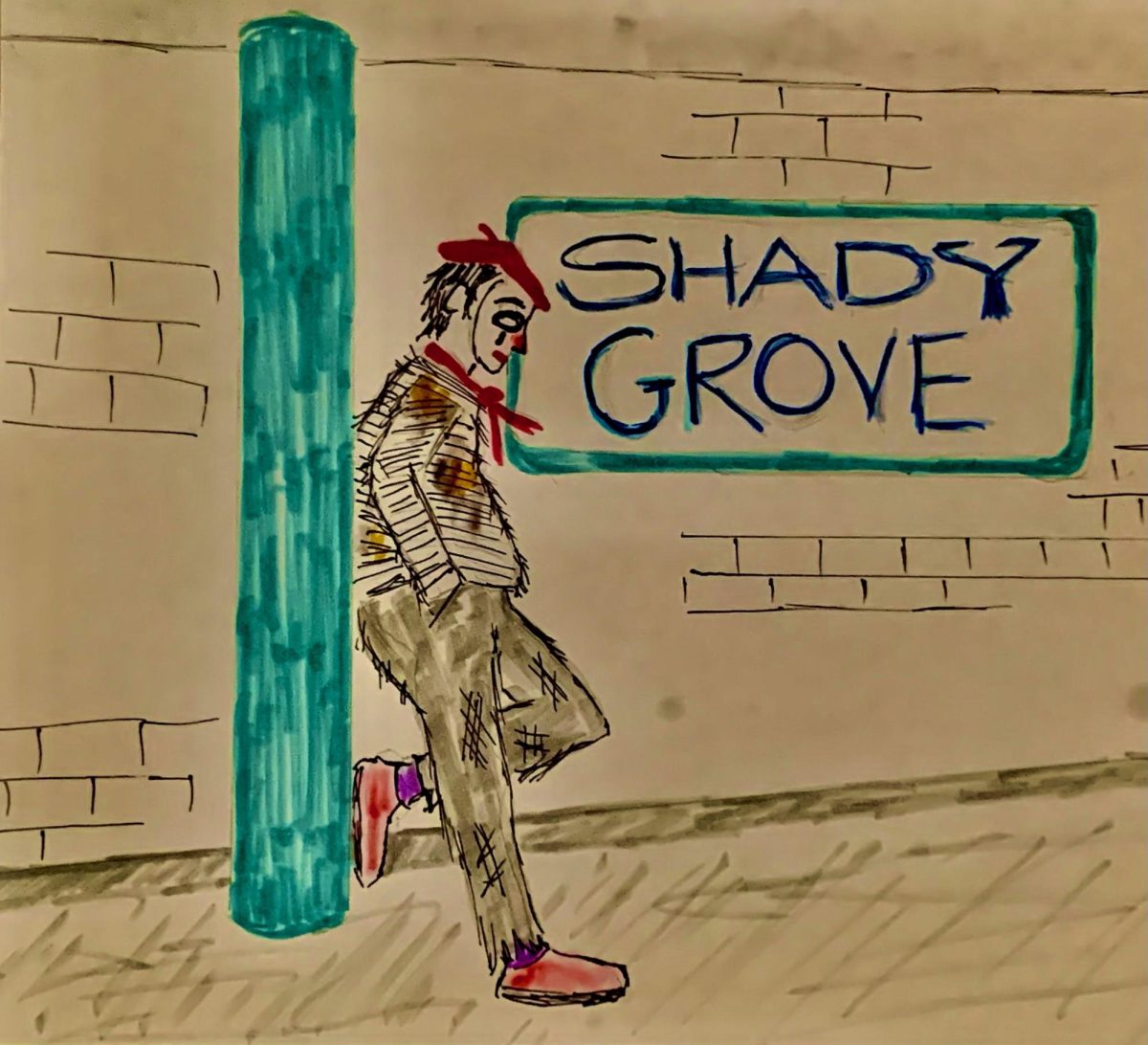1964: It is a small-town library, overhanging with oak boughs, that stands across the park from the post office. A disheveled middle-aged woman in tattered jeans closes the heavy door behind her and searches tentatively. Which way should she go? She steps forward to the massive desk, fidgeting with a key hanging from a long pendant around her neck. She waits to be noticed.
The librarian peers over her pince nez glasses. “May I help you? – Mildred, right?”
“I don’t know,” is the answer, though the woman seems unsure which question she’s answering.
Trudy, the librarian, had recently issued her a library card. “Yes, Mildred Montrose. Come.” She leads Mildred to an overstuffed sofa and returns with a hardcover without a jacket or title. “This book is for people who don’t know. Start reading, you’ll see.” Trudy returns to her desk, realizing the rumors are probably true.
Dutifully, Mildred focuses, and the story begins to unfold again. She is transported to a 1940s farmhouse in Kansas on a blustery day; a rusted rooster spins wildly on the roof. Mildred is a teen washing dishes with her mother. They’re chatting about her new boyfriend who father does not much like.
“Do you think Sam is so bad, mother? I mean, I might marry him someday.”
“He seems fine and is certainly handsome, but he’s a senior and you’re just a freshman. That’s a burr in daddy’s saddle. And you know, Millie, you’re way too young to be talking about marriage.”
“He’s got a job at the Philco station, and he’ll be working full-time when school lets out.”
Her mother doesn’t react, and Mildred realizes why. “Isn’t daddy five years older than you? It’s not much difference.”
At that moment, the screen door slams as father stomps in scowling. “Milly, help me get the horses in. Martha, shutter the windows. Don’t you see there’s a gale? Could be a tornado.”
That’s the way it is in Kansas, Millie figures. Barn the horses, shutter the windows, lock your family in the basement, then switch on the radio and hope for the best. They could hear the whinnies and cries of the horses and random things striking the house with intensity. The hasp of the basement door rattles like a burglar. Millie closes her eyes and holds her breath as long as she can, again and again.
When they finally open the basement doors, the landscape is scrambled with branches and debris. The rooster weathervane hangs awkwardly in the branches of the oak. But the barn and house seem still intact, save for one smashed window, a few shingles and a section of boards.
As a ray of sun punches through the clouds, Millie’s thoughts turn to Sam. She phones the gas station. The manager’s words come in waves: “I told him to come in, but he was still securing the property. A gust of wind picked up a shovel, came at him sideways, struck him in the head.”
Sam did survive but wasn’t the same. Millie is numb. In the mornings, when she draws water from the well, she thinks about an endless fall that will end her pain. The inward pain persists. She trudges to school enveloped in a fog of grief and might-have-beens.
Then one day, her daddy buys her a Siamese kitten. Percy mostly ignores her during the day, but at night on her bed, he allows himself to be petted before they both fall asleep. The sun would touch Millie’s face in the mornings, and in the summer, a breeze rich with honeysuckle would kiss her cheeks. She starts to pray again, for Sam, for Percy, for her parents, and for herself, and bit by bit she feels better.
The book with no title so engrosses Millie that she doesn’t notice the covey of plaid skirts and saddle shoes snickering passed. Nor the sunlight shifting from the east side of the room to the stacks on the other.
That fall in her senior year, Billie Hannigan, a thoughtful boy in her English class, graces her with a chrysanthemum and offers to drive her home. When they arrive at her house, he asks her to the school dance. She accepts and Millie and Billie become the talk of the school. Best of all, her father likes Billie who clerks at his uncle’s stationery supply. In May, after the prom, Billie proposes. They marry in September under the sprawling oak in her backyard surrounded by friends, relatives and neighbors dancing to banjoes and violins.
Soon Billie is selling stationery supplies across the Midwest, and he sends Millie love notes every week. Sometimes he arrives home first and reads them aloud to her on the sofa. Of course, it isn’t long before Millie becomes pregnant. They are both excited. Three months later though, for no apparent reason, she miscarries. Millie spends weeks shaking black feelings before they can try again.
Throughout her second pregnancy, she is nauseous. Her emotions dive whenever Billie sets out for the week, and she finds herself in the bathroom getting sick until she feels better. On All Saints Day, she gives birth to a healthy baby boy with curly auburn hair they name Mordecai. The doctors call him a miracle baby. Mille should be grateful; he will be her last. Mordecai’s blue eyes stay blue and are flecked with silver. As he grows, they are piercing. Mordecai is a joy, charming and well mannered. He is popular in school. His teachers called him ‘gifted.’
At first some boys would trick him, hide his lunch or snatch a book or his homework. Mordecai could always identify the instigator. He would twist their pinky until they whimpered, and the others laughed. They said he could see through them. By the time he was 14, Mordecai was 6’3”. His father had taught him baseball at age 7, and as a sophomore he became a winning pitcher.
He led the school to the State Championship his junior year, and Kansas State University offered him a full scholarship. But two weeks before he was to leave, the news hit him from behind. His father died in a head-on collision coming home late one night, just 10 miles from their home.
Still engrossed, Mildred doesn’t hear the announcement. The library is silent. The hands on the clock tick past 5 o’clock. Trudy, the librarian, now stands in front of her. “Do you want me to hold the book again?”
“Yes, please. I’ll be back tomorrow.”
Trudy inserts a bookmark before placing it in her bottom desk drawer.
As Mildred shuffles to the exit, she twists the key around her finger, first one way, then the other.
Trudy has been trying to get through to her for a week, but Mildred had refused and would mostly sleep. The woman had a post office box but was likely homeless. She suffered memory issues, often talking about things years before as if they were happening now. If anyone needed the book, it was Mildred, but last week was the first time Mildred had accepted it.
The book without a title did not circulate. The pages were normally blank, but not the last few days. Trudy took the book home to learn about the woman, beginning with her interactions with her parents in early childhood. Each day, Trudy rushed home to read the latest installment. It had been a long time since she’d read a story as riveting or as tragic. But the point for her as a gifted librarian was always to listen and to help.
The following morning, they had the same conversation. Mildred still couldn’t remember her name but nodded kindly when reminded, and quickly took the book. As Mildred sinks into the sofa, Trudy watches a glow spread across her face. She hopes the next chapter will brighten her disposition, but there are no guarantees. The truth can be traumatic, but a reminiscence, even a dark one, could often be healing–and revealing.
Trudy mulls what she learned while engulfed in Mildred’s story the night before and is now anxious to investigate. When she arrives at the library, she thumbs through the phonebook to the letter ‘M.” Mildred’s son would likely be in his mid-to-late twenties. How many Mordecai Montrose’s could there be? However, she cannot find any such name in any phonebook from around the state.
At 10 a.m. Trudy strides over to the couch and breaks the spell: “Mildred, when was the last time you saw your son?”
Mildred seems miles away at first. “My son?”
“Yes. Mordecai?”
“Oh. Morty.”
“Yes, does Morty live with you?”
“Oh, no. He went off to college; played baseball. He’s a big pitcher now, you know?”
“But does he live with you?”
“No. Lost my apartment just before he graduated. Don’t see him much anymore.”
“When was the last time you did see him?”
“Years…Hard to remember.”
“Don’t you write?”
“Don’t know his address. Used to be in Manhattan. Now he’s all over.”
Doesn’t he write you?”
“Used to. Sent me checks before I moved.”
“When did you move?”
“Last year. Yeah, April Fool’s Day.”
“What did Morty do in Manhattan?”
“Played baseball at KSU.”
Oh, you mean, Manhattan, Kansas.”
“That’s where KSU is, isn’t it? Hey, you got a lot of questions.”
Trudy trots to her desk, and phones the KSU sports department. The man on the other line tries not to laugh. “You wanna know where Morty Montrose is? Mighty Morty plays for the Phillies. Just open today’s paper, lady. He’s making history.”
Trudy is a gifted librarian. But to a single woman without a beau; the sports pages are anathema. Yet sure enough, above the pitcher’s beaming face the headline screams: “Mighty Morty’s No Hitter Sinks Braves.”
Trudy lets Mildred read until 4:45 p.m. Millie is sitting in the stands at Frank Myers Field watching her son pitch for KSU some years before. The batter drives the ball high down the left field line and it falls in the stands just foul. Millie catches it bear handed.
“We’re closing early, Millie.” It takes a minute before she sets down the book and gets up. “When was the last time you checked your post office box, dear?”
“I used to go every week,” she says, starting to twist her keys.
“Did you pick up your mail last week?”
“No. ”
“Why not?”
“I forgot the number.”
“I see. When was the last time you picked up your mail?”
“Maybe when I moved. I forgot the box number, so I stopped going.”
Trudy walks across the park with Millie to the post office and speaks to the postmaster. It’s good they came; Millie’s P.O. box is about to expire. Trudy pays for the next six months.
When Millie open the box, it’s stuffed with cards with postmarks from around the country. Each bears a check for $500 and is signed “Love, Morty.” Trudy wraps her arms around Millie and cries.














